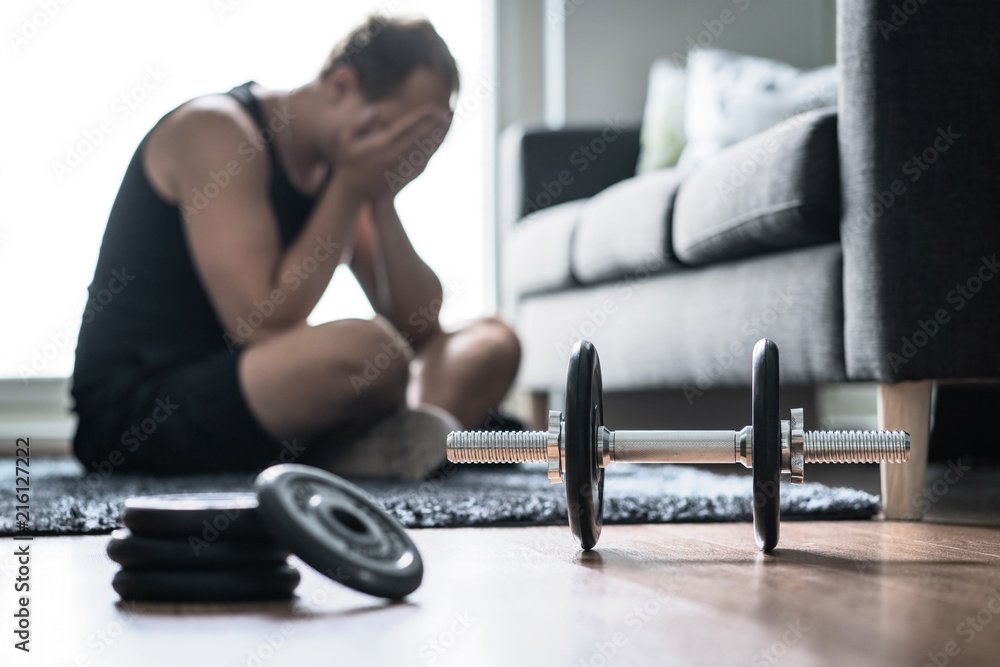Enjoying Food Makes It Easier To Not Overeat
"Enjoyment is not a goal, it is a feeling that accompanies important ongoing activity."
~ Paul Goodman (1911 - 1972)"The happiest is the person who suffers the least pain; the most miserable who enjoys the least pleasure."
~ Jean Jacques Rousseau (1712 - 1778)
Does Enjoying Food Make You Eat Too Much Of It?
Mindful, intuitive eating guidelines encourage us to truly enjoy our food. "That's crazy," you might think, "If I really enjoy my food, I will eat way too much of it."
But how often do you truly enjoy eating? I
t's impossible to do if you have any "I should, I shouldn't, I can't" chatter in your mind. It is also impossible if you are thinking "I'll chow down now and make up for it tomorrow."
In these scenarios, you are actually not focused on how good the food tastes -- you are focused on how bad you are for eating it!
When is the last time you ate something yummy with no negative chatter? Without counting calories? Without guilt?
If you have a history of managing your food intake, chances are it has been a very long time since you have been able to truly enjoy eating.
If you are not savoring your food, you will not feel deeply satisfied when you eat. It is the enjoyment and that deep satisfaction that makes it easier to not overeat.
How can this be?
Well, when you do not savor your food, you need more of it to get to satisfaction.
And then, of course, how do you deal with feeling upset? Guilty? Unhappy? Perhaps you eat in response to negative emotions, adding to overeating.
Feeling Satisfied on a Deeper Level Will Help You Stop Overeating
However, when you are able to truly enjoy your food, when you can slow down and savor each wonderful bite, you feel satisfied on a much deeper level. The result? A positive, enjoyable experience that makes it easier for you to walk away from food when your belly gently says, "Enough."
Try this. Take one day and do no other activity when you eat. Do not read the paper, do not watch TV, do not plan your day. If you typically eat with others, try to get away for just one meal and be alone. Pay close attention to the tastes, flavors and textures, to your levels of hunger and fullness. Consider how useful this approach to food could be to your eating goals.
Today, take the time to truly savor your food.
About Eating Wisdom and Drs Karin and Hannah
We are two PhD level Registered and Licensed Nutritionists whose passion is to help others escape diet culture and to learn to use their natural, innate Eating Wisdom to, finally, find peace with food, eating and weight.
Check out our course, Intuitive Eating: How to Escape Diet Culture and Become an Empowered Eater,. plus we have lots of info and handouts (including the original Hunger Fullness Scale) at our website, www.EatingWisdom.com. We also offer 1:1 nutrition therapy. Take advantage of our combined 40+ years of experience and reach out today!
© 2014 Karin Kratina, PhD, RD, LDN Adapted from the work of Karin Kratina and Amy Tuttle, LCSW, RD.
















